Photo Empire Art Photography
Nature has given us some magnificent gifts, including the medicinal properties of plants which can nurture, heal and transform. A natural approach to healing is something Stephen Parka experienced firsthand, very early on. Nowadays, Stephen spends much of his time at ‘The Hempothocary’ in Montville, on the Sunshine Coast, a family business he operates alongside his partner Melanie Leontine and their daughter Jazzmin, as well as a team of natural health practitioners. ‘The Hempothecary’ is also home to ‘Mr Hempy’ and ‘Cannopathy’, which harness the healing and medicinal properties of hemp and cannabinoids harvested from various sources in the plant kingdom.
Stephen reflects on his early influences, “My grandmother always had this magic aloe vera plant that assisted just about everything, and things like radium weed and milkweed, were things she grew up with. And I guess trying them and seeing how they worked, showed me that we’ve got here as a species somehow and that wasn’t necessarily through modern pharmaceuticals.”
Natural remedies, his mum’s medical background, and his career as an analyst, have served Stephen well. “Mum was a nurse and she’s only just retired. So there’s a medical background in the family anyway. She was nursing way before my 48 years on the planet. So we had that perspective, and we had a lot of access to that knowledge. But on the other side, from the grandparents’ side, and from mum to some degree too, there was always a natural remedy at hand. And even from my father, he has his own remedies. My grandmother would have a plant that she’d pull out of the garden, or we’d use witch hazel or castor oil. There was always something natural that we would use. We relied less on antibiotics, although they were sometimes part of the regime if you went to the doctor, but we relied a lot less on those things. And even with flus, we would sweat them out, take certain drinks and potions to hydrate and get through the fevers by burning the virus out, rather than trying to suppress it.”
The trademarked brand Mr Hempy and its namesake Miss Hempy is well established, and has its foundation in a philosophy of chemical-free, not tested on animals, hemp-based products including soaps for sensitive skins, balms, repellents, and other topical preparations. “Initially, it was Melanie’s vision to create products that were eco-friendly, that didn’t harm animals. We also have another business that involves eco VIP tours, so it’s all about the animals and the environment. Mr Hempy products were developed with that in mind, and hemp was one of those things that was very important in that process. What we started finding was, not only were they eco-friendly in their approach, they didn’t have petroleum, detergents and surfactants, and people started finding that the soaps were really good for things like eczema, dermatitis and other skin conditions. And also, burns, bites, itches, stings, those types of daily conditions, just putting that balm on, relieved the itch and the sting very quickly. So the power of the hemp actually came through in those products.”
Melanie’s heritage has a deep connection with hemp farming, her grandmother was a fourth generation hemp farmer from Latvia, who lived until she was 107. She was still sharp and according to Stephen, didn’t look a year over 85! “We would look at her and just say, the plant medicines that she used, particularly the hemp-based things that she did, probably played a huge part. She had a very healthy endocannabinoid system.”
The evolution of Cannopathy, the company’s internationally registered therapy, is not only hemp-based, but also includes other sources of cannabinoids for their profound medicinal properties. “It includes Australian bush medicines, Amazonian bush medicines, African and Asian and European bush medicines as well, so credit where credit’s due to different plants. “The hemp plant is unique in so many ways with the cannabinoid content that’s in it. However, there are also a bunch of other plants that have shared components, if you like. For example, the hemp plant has cannabinoids, which are what people are talking about now with THC and CBD, but that’s two out of a hundred-odd components in that class. Now, taking some plants that are common and combining them with the hemp and cannabis species, produces some really interesting effects. That can be antagonistic or agonistic. So you can boost or you can trim down or you can make it better or you can make it worse. It’s a very broad subject. A lot of people are crying out for hemp to be legalised across the board. Having said that, because of the depth of the components within the plant, it really does need specialist approaches, where people that have for example, mental illness, can use it as a medicine, but it can also cause them problems if they get the wrong strains and wrong species,” Stephen reinforces that caution is required moving forward to make sure that people who need them are the ones who benefit most.
Research is a driving force behind Cannopathy and its potential to help others, led by the creator Melanie who is also their resident Pharmacognosist. Stephen explains, “the number one researcher, within our business, is Melanie, who spends many hours a day researching new things, delving deeper, finding parallels, finding diverse applications, looking at where things don’t work and looking at things that do work. The research actually extends to laboratories and professors and various people that may not even have those particular facilities or qualifications, that are experts in their field for different reasons… It’s not just taking positive research, but also taking negative research and saying, ‘Okay, how important is this? How important is the negative side of it,’ and then trying to be fair and just. Because we’ve had people come through and say, ‘Well, there’s overwhelming evidence that this particular plant does a thousand things.’ But then there’ll be people that have a genetic disposition or a genetic marker that is different. Melanie’s interest now is also in the genetic side of things, having discovered gene mutation, 1298C gene mutation and MTHFR, and things like that, which affect a percentage of the population and these people may not realise they have it. Some of them cannot do what others in the population can do. Now, because of that, she has an interest in genetics, in further depths within the body and she’s reading and researching constantly and making contact with researchers overseas.”
Stephen is also keen to acknowledge the people he works with, as well as the clients who walk in the door. “We’ve just got phenomenal staff. We’re so blessed to have good people on board that in each of their own rights can contribute. To be able to see our customers laugh and burst into tears for the right reasons, to stomp their foot up and down or do a little jig, to see that they actually can have a life and not be caught up in a system or in a label of a disease, for me to see that and witness that every day, cannot be explained.
“Our focus has always been a win-win-win. That means that every party should win.”


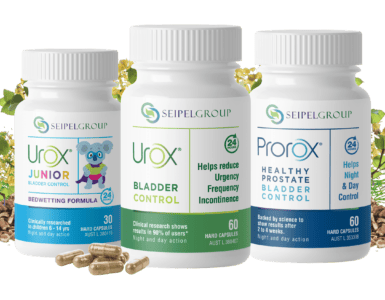
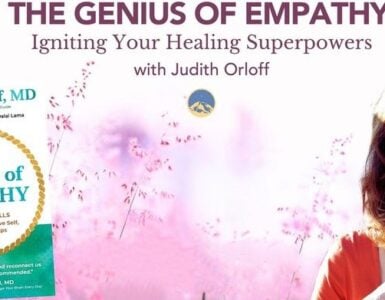
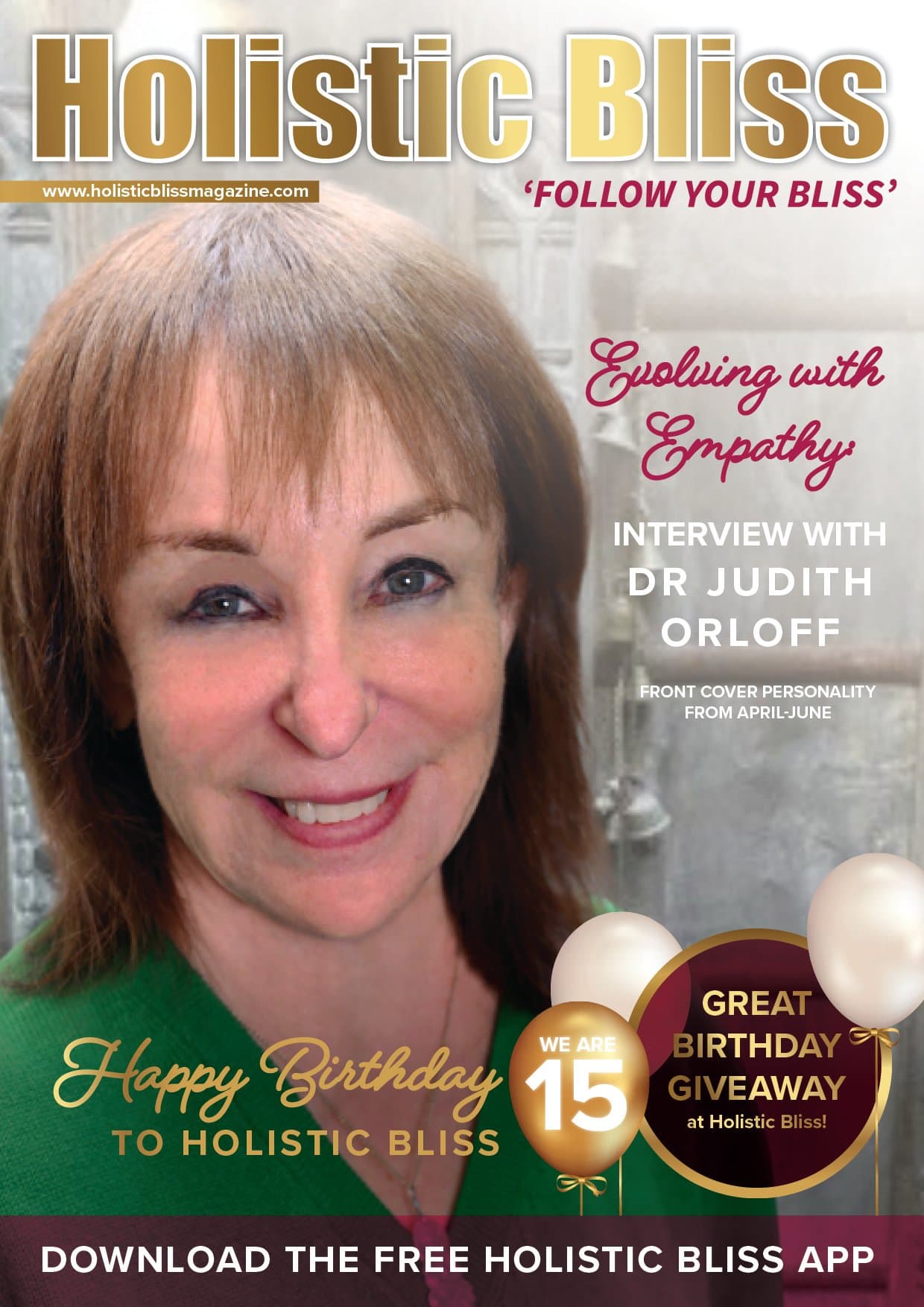
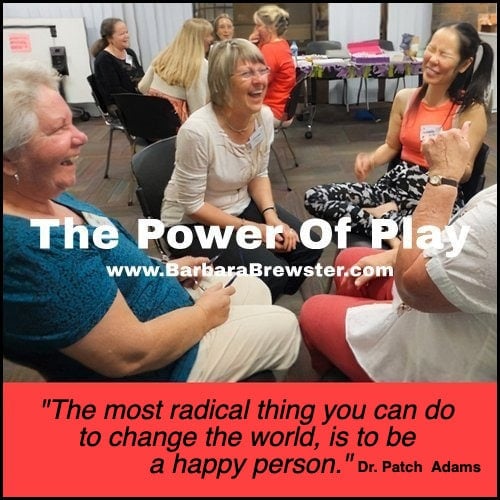
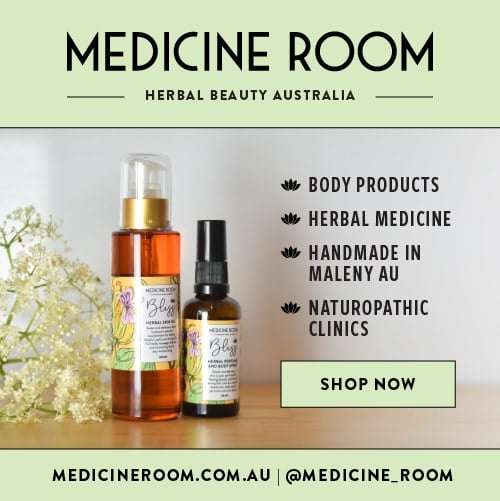



Add comment